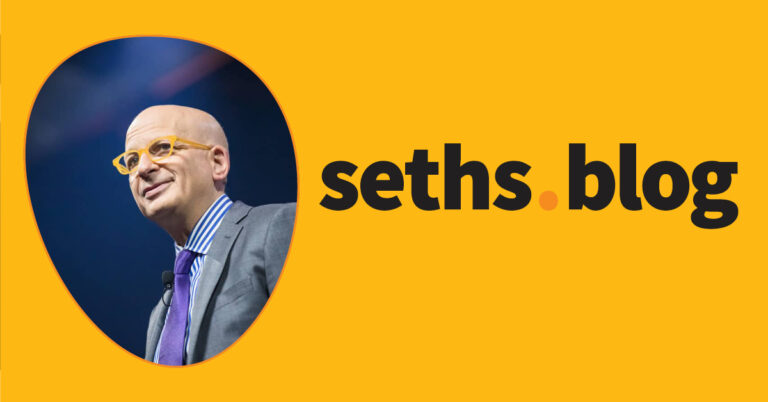Optimizing a device or system means squeezing every drop of productivity out of it. In the short-run, optimization works as long as the world stays the same.
We can optimize a device to work at capacity. However, something working at capacity blows up if you step on the gas when you need 5% more out of it. It’s brittle.
Smart leaders build for resilience instead. Power plants, transit systems, careers–they’re built to be sub-optimal some of the time, with slack built in, so they can thrive all the time.
And the paradox?
If you’re a competitive capital-driven market where little head starts can become bigger leads which can lead to lock in and monopoly, the obvious strategy is to optimize early and often.
Outperforming your more resilient competitors is possible in the short run.
And if you’re lucky a few times in a row, you get access to more capital or more customers and you can do it again, at a bigger scale, leaving your thoughtful, slack-enabled in the dust.
Until you crash.
And you always will. Because optimized systems cannot thrive in a changing world.
If you don’t want to crash, don’t compete in marketplaces where optimization is required.
PS Britain shut its last coal plant yesterday. 140 years ago, coal began its conquest of the world in Britain, and now it’s over. Change is possible.

